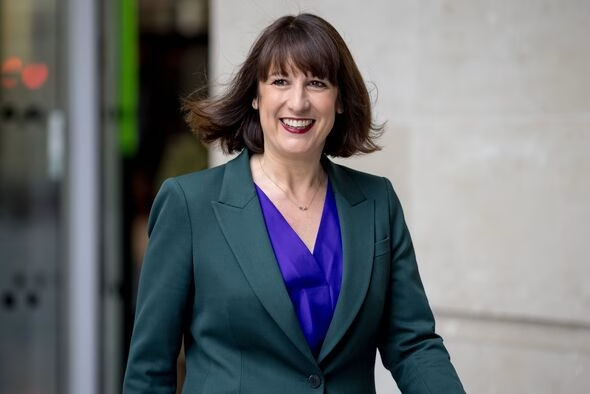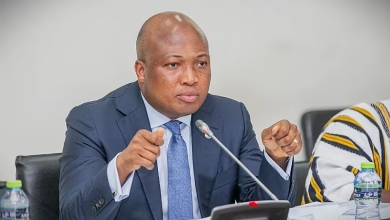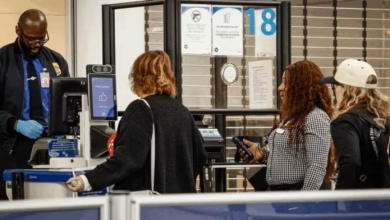Reeves warns UK must embrace tough times or face ruin

- Payments reduced from 11 million pensioners to just 1.5 million on pension credit.
- Five unions are urging delegates to back a motion opposing the cuts
- MP Rachael Maskell criticized the decision and its impact on pensioners.
Britain risks economic disaster without stabilizing public finances, Rachel Reeves will argue on Monday amid a winter fuel rebellion at the Labour conference.
In her first speech as Chancellor, Ms. Reeves will emphasize the need for “tough decisions” regarding spending and taxation to stimulate economic growth.
Her address is likely to intensify concerns about potential tax increases in next month’s Budget.
Additionally, Ms. Reeves and Prime Minister Sir Keir Starmer may encounter challenges as conference delegates vote on opposing cuts to winter fuel support.
Five trade unions are backing a motion that criticizes the Government’s decision to eliminate payments of up to £300 for nearly all pensioners. A formal rejection of this policy at the conference would serve as a significant symbolic rebuke to Downing Street’s approach.
In her upcoming speech, Ms. Reeves will emphasize the need for “tough decisions,” citing a £22 billion “black hole” left by the Tories in public finances. The Chancellor will assert that making the right choices now is essential for stability, which is crucial for business confidence and future planning for families.
She will highlight that the recent mini-Budget demonstrated that growth plans lacking stability can lead to disaster. “Stability, paired with reform, will create conditions for investment and consumer spending,” she will say, framing growth as the challenge and investment as the solution.
Additionally, Ms. Reeves will hint at the forthcoming October 30 Budget, which Sir Keir has warned will be “painful.” She will assert that there will be “no return to austerity,” criticizing the Conservative approach as harmful to public services and growth. “We must confront the Tory legacy, making tough decisions without sacrificing our ambition for Britain,” she will declare, outlining a Budget focused on fixing foundations and delivering promised changes to rebuild the nation.
The commitment to avoid spending cuts like those introduced by George Osborne in 2010 comes amid concerns about potential tax increases in the upcoming Budget. This implies that Ms. Reeves may propose higher spending than the Tories had planned, which allowed for just one percent annual growth in real public spending. However, it remains uncertain how this additional funding will be sourced, with tax hikes likely necessary to support it.
In her speech, Ms. Reeves will reaffirm Labour’s election pledge not to raise National Insurance, income tax, VAT, or corporation tax rates. However, the absence of any mention of capital gains tax and inheritance tax raises speculation about possible wealth-related tax increases.
Treasury sources have indicated that they will not eliminate the single-person council tax discount or introduce a standalone wealth tax. Meanwhile, a motion calling for the reversal of the decision to cut winter fuel payments for millions of pensioners is expected to be presented at the Labour conference, with union leaders denouncing the policy as “cruel” and “politically inept.” The specific wording of the motion will be finalized on Sunday night.
Winter fuel payments were once provided to around 11 million pensioners to help them cope with cold weather, but now only 1.5 million older individuals on pension credit will receive them.
At least five unions—Unite, Unison, Aslef, the FBU, and the CWU—are expected to encourage delegates to support a motion opposing this change, according to union sources.
Rachael Maskell, Labour MP for York Central, criticized the removal of the universal winter fuel payment while other financial perks continue. On X (formerly Twitter), she expressed her dismay at the “donations” that seem at odds with Labour’s core values, which prioritize the needs of the community over individual gain. She highlighted the risk to pensioners who may go cold due to the cut in their winter fuel payments and expressed hope that the conference will vote to rectify this situation.






